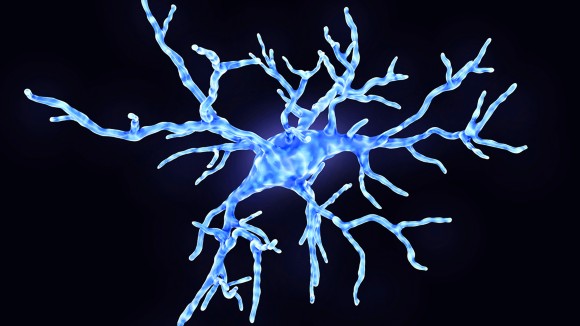 Ruben J. Cauchi is an Associate Professor of Neurogenetics at the University of Malta. Research in his lab is focused on the role of neurons, glia and muscles in the pathophysiology of amyotrophic lateral sclerosis (ALS) making use of animal models. Dr Cauchi also leads Malta’s National ALS Registry and Biobank with the aim of exploiting the unique island population of Malta to identify novel genetic and environmental factors that lead to ALS. Dr Cauchi has been Editorial Board Member for Scientific Reports since 2019.
Ruben J. Cauchi is an Associate Professor of Neurogenetics at the University of Malta. Research in his lab is focused on the role of neurons, glia and muscles in the pathophysiology of amyotrophic lateral sclerosis (ALS) making use of animal models. Dr Cauchi also leads Malta’s National ALS Registry and Biobank with the aim of exploiting the unique island population of Malta to identify novel genetic and environmental factors that lead to ALS. Dr Cauchi has been Editorial Board Member for Scientific Reports since 2019.
 Nicolas Dzamko is a Senior Research Fellow at the University of Sydney in Australia. His major research interest is understanding the causes and identifying biomarkers for neurodegenerative Parkinson’s disease. Dr Dzamko has been an Editorial Board Member for Scientific Reports since 2019.
Nicolas Dzamko is a Senior Research Fellow at the University of Sydney in Australia. His major research interest is understanding the causes and identifying biomarkers for neurodegenerative Parkinson’s disease. Dr Dzamko has been an Editorial Board Member for Scientific Reports since 2019.
 Maura Francolini is an Associate Professor at the Department of Medical Biotechnology and Translational Medicine of the University of Milan. Her research focuses on the structure of central and peripheral synapses and how it is modulated by activity in health and disease. These studies, performed in vitro and in animal models of neurological disorders, and are carried out combining different imaging techniques. Dr Francolini has been an Editorial Board Member for Scientific Reports since 2015.
Maura Francolini is an Associate Professor at the Department of Medical Biotechnology and Translational Medicine of the University of Milan. Her research focuses on the structure of central and peripheral synapses and how it is modulated by activity in health and disease. These studies, performed in vitro and in animal models of neurological disorders, and are carried out combining different imaging techniques. Dr Francolini has been an Editorial Board Member for Scientific Reports since 2015.

